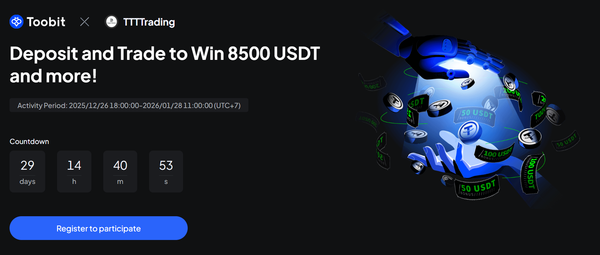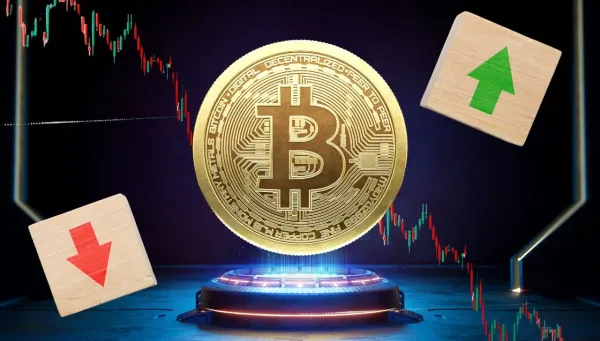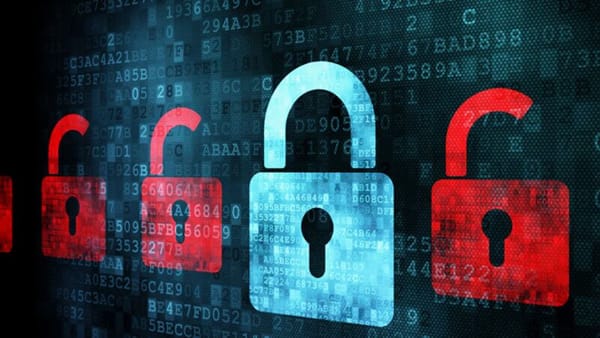PayPal Quietly Amends NFT Transaction Protection Policy

PayPal silently revised its policy regarding transaction protection for NFTs, effective from May 20, 2024.

According to the new policy, PayPal will limit its buyer protection for NFT transactions. This change was not widely announced but was found in a low-profile update to the company's terms of service.
Starting May 20, 2024, transactions involving the purchase of NFTs will no longer fall under PayPal's user protection policy. Additionally, PayPal will not guarantee protection against risks such as fraud, refund issues, or other forms of deception for NFT sales valued over $10,000 USD.
Earlier on March 21, PayPal had announced plans to cease providing protection measures for certain NFT-related transactions, but those plans were put on hold until now.
PayPal stated in its policy update:
From May 20, 2024: We will adjust PayPal's Seller Protection Program, excluding benefits for NFT transactions as follows:
If the transaction value exceeds $10,000.01 USD (or equivalent in local currency at the time of the transaction);
If equal to or less than $10,000.00 USD (or equivalent in local currency at the time of the transaction), unless the buyer reports the transaction as unauthorized and meets all other requirements.
Just over an hour ago, a user complained on X that PayPal had ignored his complaint, and in some cases, others were unable to log into the platform.
Beat sales are still being blocked.
— DJ Pain 1 (@djpain1) April 16, 2024
These are the sales that PayPal blocked from me this month— only the ones that I know of. I have customers emailing me and telling me PayPal isn’t even allowing them to try to login.
PayPal doesn’t care about us. pic.twitter.com/ldNpJbumig
In the past, when buying or selling NFTs through PayPal, users received protection from the company. This meant that if an issue arose, such as receiving an NFT item that did not match its advertisement, users could request a refund. Similarly, if selling an NFT and encountering payment issues or fraudulent refund requests from buyers, sellers could also seek reimbursement.
PayPal began integrating cryptocurrencies in 2022. Since then, PayPal has consistently filed multiple blockchain and NFT-related patents. Recently, PayPal's U.S. branch even introduced a new service supporting international payments using the PYUSD stablecoin.





